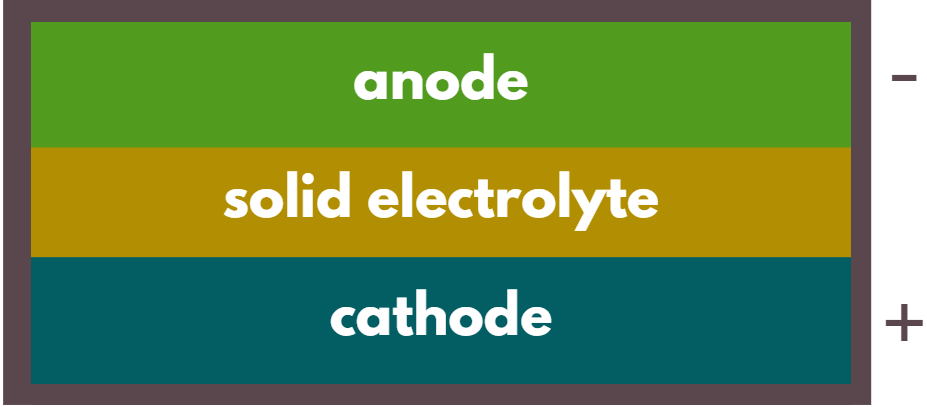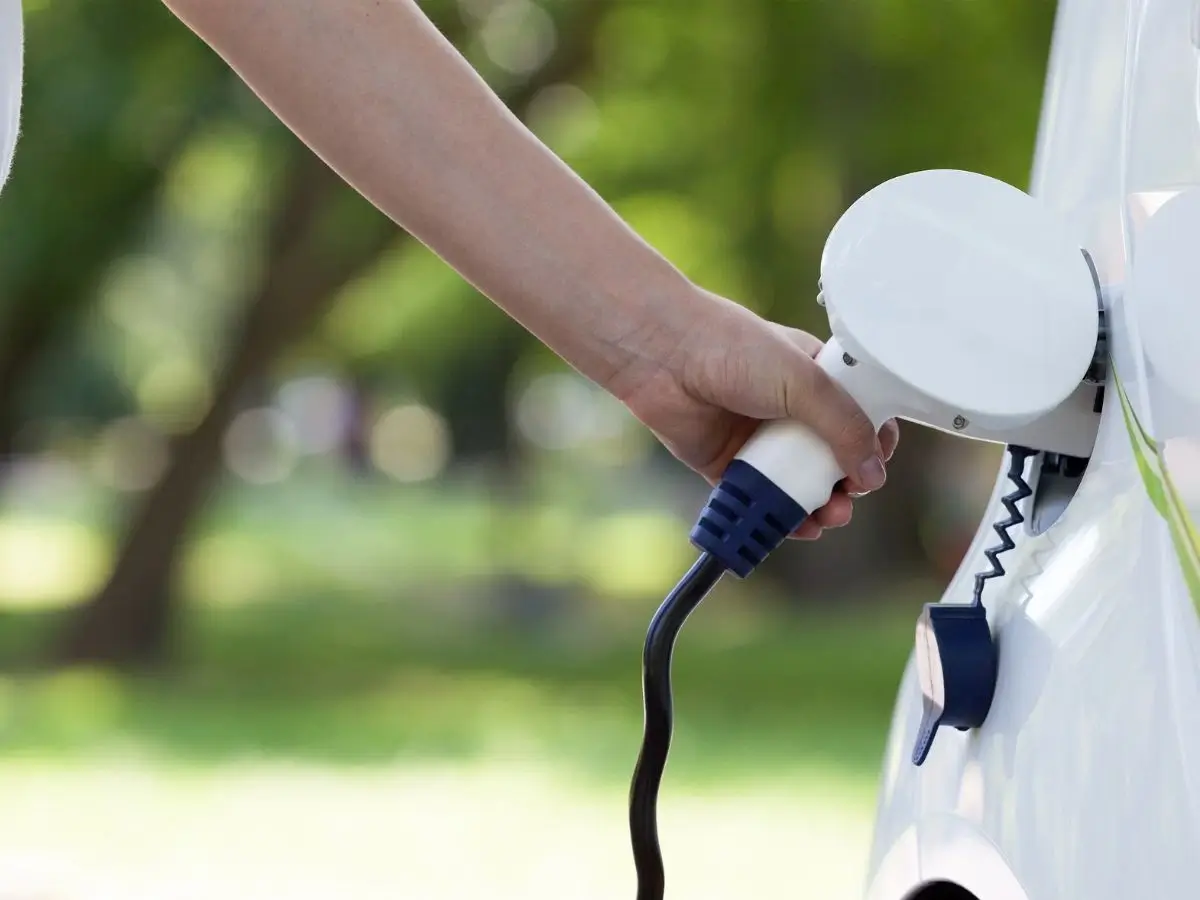Solid State Batteries have never been able to gather mass adoption across industries. But with new technological advancements will they be able to ? Let’s find out .
The EV industry is charging up for some breath-taking technologies in four to five years. Until now Liquid Based Electrolyte Batteries have been at the forefront of EV Revolution. However, concerns have been raised about their safety and reliability. This has led to developments in battery technologies. One such promising technology is Solid Electrolyte based Battery.
What is solid state battery?
Solid State Batteries are batteries that use solid materials as electrolyte as opposed to gel electrolytes in traditional batteries. Below is the simplified diagram of a solid state battery.

Need for Solid State Battery
Most of the challenges associated with lithium ion batteries have been attributed to liquid electrolyte present in them. Be it electrochemical instability at high or low voltage,high volatility or limited energy density, there arose a need to minimize the drawbacks of lithium ion battery.
Solid State Battery Technology
In terms of working, Solid State Batteries are similar to Lithium Ion Batteries except for the electrolyte. The cathode part is reduced and anode part is oxidized during discharge. Movement of ions occurs from anode to cathode through solid electrolyte. Whereas, during charge cathode part is oxidized and anode part is reduced. This causes movement of ions from cathode to anode through solid electrolyte.
Solid State Battery Advantages
1) Safety
A liquid electrolyte battery uses an electrolyte which may be inflammable specially at high temperatures whereas solid electrolytes are less inflammable and carry very less risk of fire. This is because of the use of solid electrodes and solid electrolyte.
2) Energy Density
Energy Density is the amount of energy a particular element can hold. A solid state battery can pack in more energy than its liquid electrolyte counterpart.
3) Temperature Resistance
Solid State Batteries are less prone to fluctuations in high temperatures. This is because of the relatively stable chemistry of them.
4) Physical Damage Resistance
The solid electrolyte can withstand physical damage because of the inherent nature of solid.
Solid State Battery Disadvantages
1) Expensive
Though there are numerous companies working exclusively for Solid State Batteries, the technology itself is quite expensive at the moment. Using a Solid State Battery in an EV at this point will only make EVs’ price higher than today’s.
2) Scalability
Scaling a Solid State Battery is a hard task because of the nascent stage of the technology.
Why is it difficult to scale Solid State Batteries in EV?
Although Solid State Batteries are more reliable than the liquid electrolyte batteries, designing an electrolyte that is chemically stable still is an expensive process. Once designed, it should also be able to fabricate the electrolyte into the electrodes without any hassles. Both the processes as of now are quite expensive and require high expertise , these factors are causing solid state batteries to not mass produce at scale.
Solid State Battery Future
Companies are rushing to make solid state batteries commercially feasible for electric vehicles.The importance of battery in EV can be understood by the fact that a battery determines a car’s price. Therefore, car companies are partnering with solid state battery companies.
Automotive Giant Volkswagen has invested over $300 million in QuantumScape. Moreover major players like Ford and BMW together led a round of investment of $130 Million in Solid Power.
Moreover Japanese companies Toyota, Honda are filing most patents for Solid State Battery Technology. The CAGR(Compounded Annual Growth Rate) for Solid State Batteries is predicted to be 34.7% in 2027 while for traditional batteries it is 15.1% to 2026. However what part of the growth is attributed to Electric vehicles is not yet known and needs to be investigated further.
Car companies are working towards reducing the limitations of Solid State Batteries in order to make it commercially feasible. For example – To protect degradation of solid electrolyte Honda has a solution. The solution is to wrap it in a new polymer fabric. To get a detailed understanding watch the video below.
Toyota showcased its all solid state battery EV on June 2020. According to some reports, we could see Toyota Solid State battery based EV by 2025.
Talking about existing lithium ion batteries we have LFP and NMC. But which is better ? Read our blog on LFP vs NMC here.
For upcoming electric car and other exciting content click here.
For more such exciting EV news check our other articles.
If you have any suggestions, questions please free to contact us at evcharchateam@gmail.com.
Do share this article among your networks.

